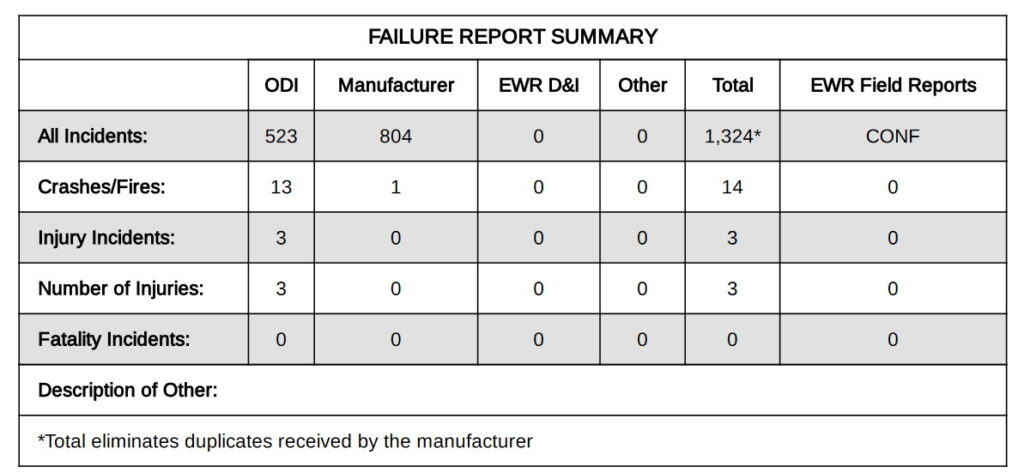American automotive regulators are expanding their investigating into a potential issue in the steering systems of 532,535 Honda and Acura vehicles after receiving hundreds of complaints from customers alleging that their vehicles experienced “sticky steering.”
The issue had previously been noted in Honda Civics from the 2022-2023 model years, but Honda CR-Vs and Acura Integras from the 2023 model year are now also being looked at. The National Highway Traffic Safety Administration (NHTSA) reports that it has received 523 complaints from customers, but when that figure is combined with the complaints that Honda has received (eliminating duplicates), the total rises to 1,324 steering incidents in these vehicles.
Read: Almost 250,000 Hondas And Acuras Recalled Over Engine Seize Fears
Owners complain that while they are driving, in particular on the highway, the steering wheel can suddenly become stuck in its position. Fortunately, most drivers appear to be able to overcome the stickiness with a mild amount of effort, but NHTSA warns that the unexpected nature of the problem can be dangerous.
13 Crashes, 1 injury

The federal agency says it has received 13 reports of crashes connected to this problem, three of which led to injuries. While two of the accidents were reportedly caused by over-correction, after the drivers overcame the stickiness, 11 were caused by the driver being unable to turn in time to make a corner.
What is causing the problem?
NHTSA reports that Honda has already issued a technical service bulletin related to this issue, and says that it may stem from a manufacturing problem in the steering gear. During production, the worm wheel goes through an annealing process that can cause internal stress that is slowly relieved over the first few months of ownership. Over time, that can lead to the deformation of the teeth on the wheel, which can cause it to catch on the worm gear. In addition, the components may not have received enough grease while they were being manufactured.
Unfortunately, the nature of the problem means that owners will not be warned by a malfunction light if a problem starts developing. However, they may want to be extra careful during the colder months, and after they have driven in a straight line for a long time, as that appears to be when this problem presents itself the most frequently.

Although a recall has not yet been called, NHTSA has expanded its investigation into an Engineering Analysis of the concern. Along with adding the Honda CR-V and Acura Integra to the list of relevant vehicles, it will also now seek to assess the scope and frequency of the problem, as well as its impact on safety. This is the last step before the safety organization demands that Honda launch a recall, or drops the matter.
According to Honda’s TSB, a technician must remove the electronic power steering gearbox, and replacing it with a new one, in order to fix this problem.





